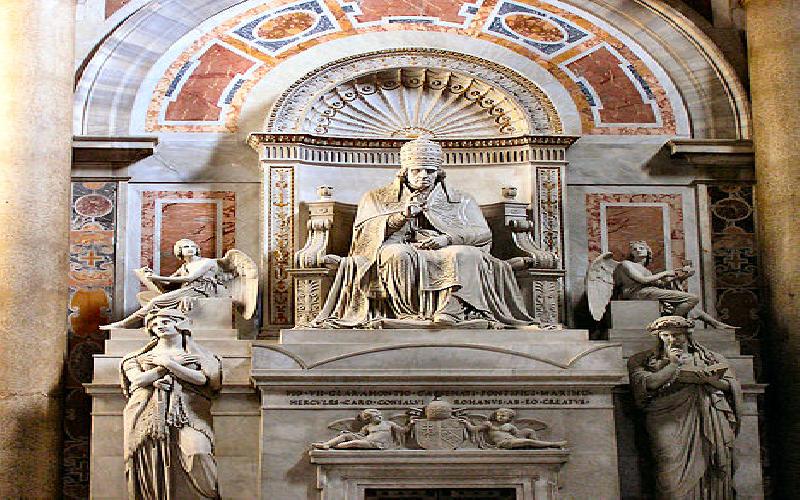Hinduism is not exactly a religion, though many often take that as granted. It evolved as a code of conduct, almost voluntarily, perhaps through collective wisdom, among people living in the Indian sub-continent, over a period that is not fully known, but is spread over several thousand years. The primary emphasis in Hinduism is on dharma, which means duty – the duty that binds every human being, towards his fellow beings, living creatures and the nature and universe.
Christianity has relatively more recent origins, going more than two thousand years back. It is the most common faith in the world today,
and the one followed by most people in the developed world.If one takes into account the fact that India has been one of the more prosperous societies in the history of mankind, at least, till a few centuries back, one common feature of Hinduism and Christianity emerges straightaway. Both of them have enjoyed widespread following among prosperous civilized communities for long periods of time. It is also undeniable that both of these religious philosophies are centralized around peace and liberty, which is the predominant aspiration among civilized societies.
Common Values of Morality and Ethics
Hinduism has virtually no conflicts with Christianity. In facts, most Hindus look at Christianity as being close to their own religion, in essence, though there could be superficial differences. The core philosophy of the two is in fact exactly the same.
Christianity emphasizes on virtues like honesty, character, reliability, compassion, peace, respect and faith. In Hinduism, the word for religion is "dharma", the meaning of which is "duty". Actually Hinduism just refers to the people living in the region of Indus River. The actual word for religion is 'Dharma' only. Dharma is the duty of every human being, which he or she must fulfill. The duties of every person are based on the same virtues of compassion, honesty and selflessness that are the essence of Christianity as well. So the duties of a person must be carried out, as son, as a spouse, as a father, as a friend and as a citizen, soldier or king. The
one who fulfills his duties is considered to have followed his dharma (duty). The "karma" (or action, i.e.. one's deeds) flows from one's dharma.Tolerance: The Greatest Shared Value
Another great characteristic of both Christianity and Hinduism is in its tolerance for other religions and philosophies. Never in the history of the mankind, has there been a war between Hindus and Christians with religion as an important factor. In fact, the land of Hindus, India, has probably more religions than the whole world put together, including very ancient ones like Jarthrushtrians, Paris (Persians), Jews and different streams of Christians, none of whom have ever faced persecution in this land, where over 80% remain Hindus.
Another feature of both Hinduism and Christianity is their acceptance and tolerance of difference in views. In Christianity, we have both Catholics and Protestants. In India there are different schools of philosophy about gods. There is advaita (the unitary theory of god and soul), there is dvaita (the separation of god from soul) and there is vishishtha advaita (the theory of unison in diversity). What is more important is that both religions have allowed differences in opinions to be respected.
Liberal Humanistic Approach is Common to Both
The most important feature however, of both Christianity and Hinduism is their liberal, humanistic approach. Hinduism believes in "vasudhaiv kutumbakam" i.e.. the whole human race is like a family. Christians also believe that all humans are sons or daughters of the same god. So both treat all human beings with respect and goodwill. No doubt then that both Christians and Hindus prefer secular governments, and respect and liberty for all religions and philosophies, wherever they prosper.












